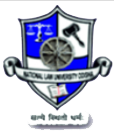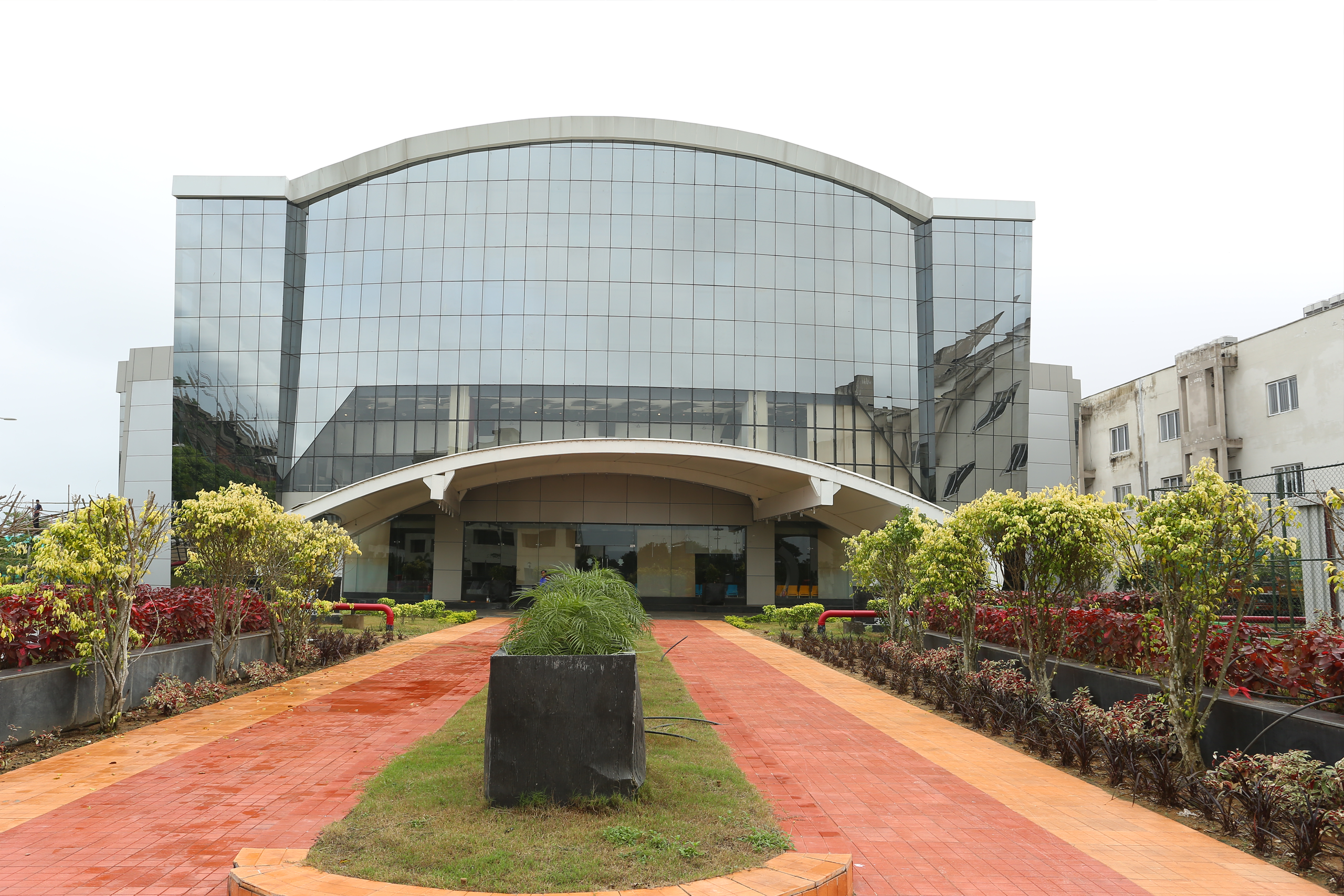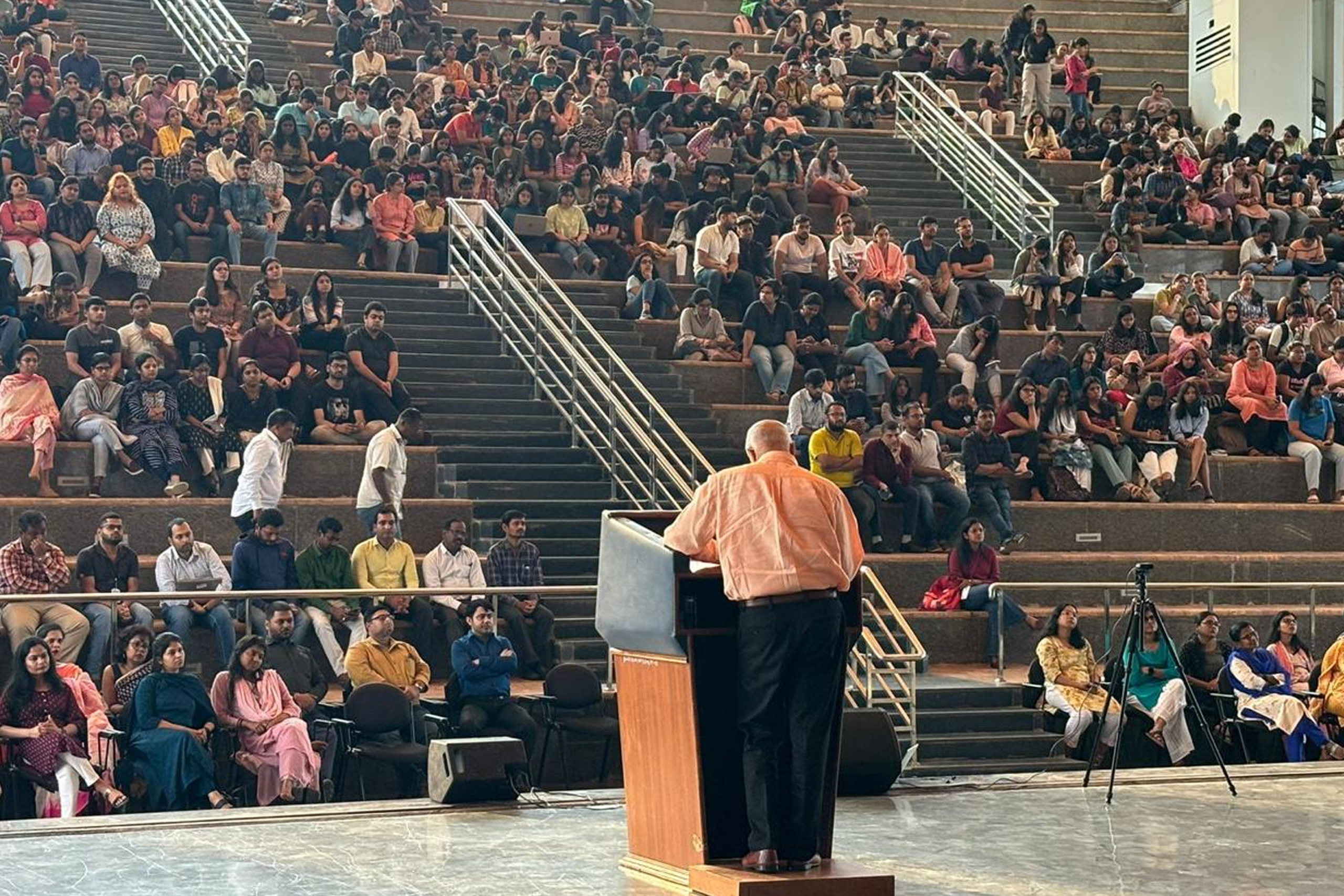“4th CLS Certificate Course on Judicial Accountability: Structure, Reforms, and Challenges | 18-19th February 2023”
14 Feb 2023
The Constitutional Law Society (CLS) is delighted to invite you to the?strong>4th?LS Certificate Course?n?strong>”Judicial Accountability: Structure, Reforms, and Challenges”.?he Certificate Course shall be in?strong>Hybrid mode?/strong>(partly Physical and partly Online) and shall be held on the?strong>18th?nd 19th?f February 2023.
?/p>
Background to the Theme:<
In a country that boasts about being the largest democracy, being accountable for one’s actions, especially for those in power is paramount. While legislative and executive accountability is decided by elections, there is a clear lacuna concerning judicial accountability, something which is facilitated by the fact that in the higher judiciary, more often than not existing judges themselves choose who would be elevated as judges. This process, starting from the selection of judges, can have a domino effect on the transparency of the judiciary with an overall effect on the independent administration of justice. This course attempts to navigate the nuances in this area, tracing the ways through which the Indian Constitution necessitates judicial accountability and how the same remains unfulfilled, with a focus on contemporary discourse. The following are the goals of this course:
?/p>
- Examining the practical aspects that can be incorporated to assess judicial accountability;
- Understand the independent functioning of the judiciary, with a focus on the Indian Constitution and its mandates;
- Analyse the current mechanism of judicial accountability;
- Trace the importance of judicial ethics in the administration of justice;
- Correlate the ideas of judicial accountability with judicial review, judicial activism, judicial overreach, and the collegium system;
- Facilitate the exposure to professionals’ viewpoints and contemporary discourse on this issue;
- Facilitate the application of the newly acquired ideas to policy measures for ensuring increased judicial accountability.
?/p>
As future professionals in the field of law, understanding the intricacies associated with judicial accountability is necessary, especially if one hopes to contribute positively to its development. Understanding the current mechanisms of judicial accountability will help in the framing of policies necessary for increasing this accountability. These are the issues that the Constitutional Law Society aims to address through this certificate course. This course aims to expand upon practical considerations by drawing on the experience of resource persons, boosting problem-solving skills, and encouraging research, discourse, and awareness on the subject. At the same time, in a bid to add a practical angle to the course and encourage judiciary aspirants, the course shall endeavour to include judgement writing as a facet of ensuring judicial accountability.
?/p>
About the speakers:<
The course will host eminent personalities from the field of law as resource persons and instructors,
?/p>
Dr. Rangaswamy D; Assistant Professor of Law and Registrar at Karnataka State Law University, Dr Rangaswamy has published a paper on judicial accountability, the same having been presented in the international conference on Sustainable Development and Good Governance, conducted by the Jayewardenepura University, Sri Lanka in October 2018.
?/p>
Ms. Ayushi Upadhayay;?/strong>an alumnus of Hidayatullah National Law University, Raipur (Batch 2018). Ms. Upadhayay secured Rank 68 in M.P. Judiciary and has been appointed as a Civil Judge in M.P. Judicial Services. She presently serves as a Civil Judge, Sagar, M.P.
?/strong>
Dr. Justice MM Das;?/strong>During his practice as an Advocate, Justice Das conducted many important Civil, Criminal and Constitutional matters in different Courts.?He was also actively associated with many social, philanthropic, and spiritual organisations. By the time he was appointed as a Judge of the High Court of Orissa, he completed a long 29 years of practice at the Bar. He served as Judge of Orissa High Court for 11 years from 2003 to 2014.
?/p>
Details of the Course:<
The course shall be held in?strong>hybrid mode?n the?strong>18th-19th?ebruary,?strong>2023.?strong>While part of the lecture session will be hosted over Google Meet, other lecture sessions will be on the campus premises. The course shall consist of lectures and practical assignments to be given to students which would involve application of concepts taught in the lectures. Each student will have to mandatorily submit their respective assignments.
?/p>
The?strong>detailed course outline?ontaining specific details of all the lecture sessions has been attached with the body of this mail for reference.
?/p>
Payment Details:<
The fee for this certificate course is?strong>??00/-?hich is?strong>payable through the SBI collect gateway.
The Course is capped at a maximum of 60 students.?he Registration will be allowed on a first come first serve basis.
The?strong>payment procedure?as been attached below for reference. Payment through any other procedure shall not be accepted. Once the payment has been processed, the participants are requested to fill the google form for the registration and upload the payment receipt in the same form.
The link for the google form is:?a href=”https://forms.gle/dUiuf2YBambVaaMq8″ data-saferedirecturl=”https://www.google.com/url?q=https://forms.gle/dUiuf2YBambVaaMq8&source=gmail&ust=1676363536494000&usg=AOvVaw27O86zvIEvo9TOBsS2GCnu”>https://forms.gle/dUiuf2YBambVaaMq8
We look forward to an enthusiastic response!





